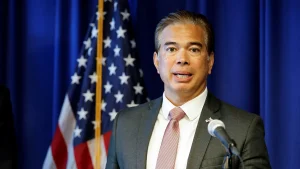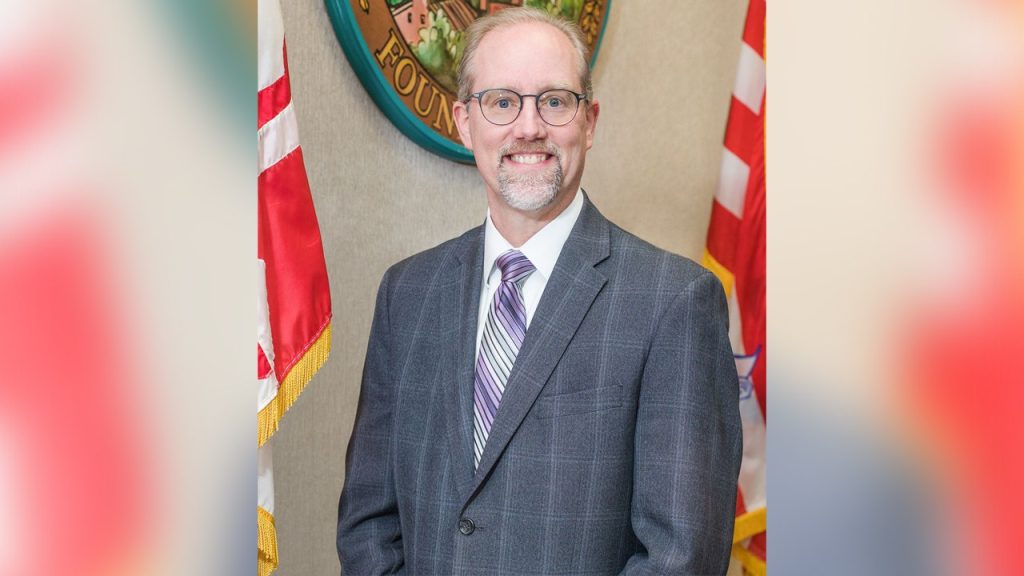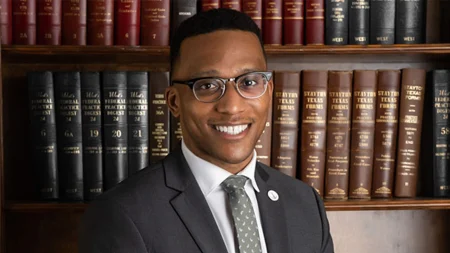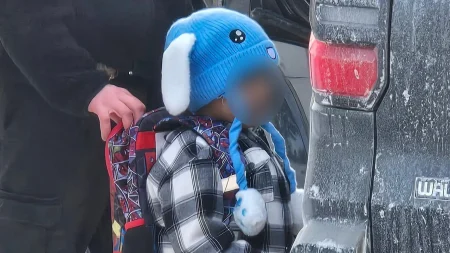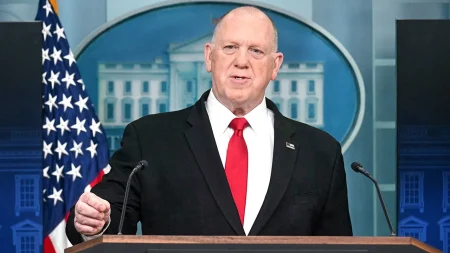In a controversial move, Frederick Mayor Michael O’Connor proposed establishing a taxpayer-funded “legal advocacy fund” aimed at supporting immigrants who he believes may be adversely affected by policies under the incoming Trump administration. During his announcement, O’Connor, a Democrat, drew parallels between the current climate for immigrants and the experiences of his Irish ancestors. He expressed concern over the potential ramifications of Trump’s presidency on immigrant rights and communities. O’Connor emphasized the importance of continuing to support those who make Frederick their home, regardless of their legal status. This initiative follows the city council’s recent vote to grant voting rights to all city residents, irrespective of their citizenship, signaling a commitment to inclusiveness and community integrity.
The proposal has been met with substantial backlash from opponents who argue that it could harbor illegal activities and place undue burdens on taxpayers. Republican Chairman of the House Homeland Security Committee, Rep. Mark Green, criticized O’Connor’s plan as offensive, citing a recent violent crime committed by an MS-13 gang member who had previously been placed in the Frederick area. Green underscored the obligation of public officials to prioritize the safety and security of their constituents and suggested that O’Connor’s pledge put citizens at risk. This perspective has resonated with local law enforcement officials, including Frederick County Sheriff Chuck Jenkins, who deemed the proposal “totally inappropriate” and expressed concerns about potential criminal influxes due to misconceptions around the legal protections for immigrants in the area.
O’Connor, however, defended his proposal, framing it as a necessary step for community safety and morale. He claimed the new fund aims to fortify the position of immigrants, allowing them to seek legal representation without fear of retaliation or deportation. He acknowledged the criticism while reiterating the values of trust and respect integral to the Frederick community. The mayor’s assurances reflect his goal of maintaining public safety without engaging in federal immigration enforcement, arguing that it is not the role of local law enforcement to participate in these actions. He stressed that the local police would not inquire about the immigration status of those reporting crimes, promoting a non-discriminatory environment.
Furthermore, Mayor O’Connor’s remarks included references to broader community sentiments echoed by Vice President Kamala Harris, emphasizing the need for organized and energized advocacy during challenging times. He stressed that Frederick would align its policies with these values, reinforcing the idea that everyone should feel secure and protected within the community. This stance highlights O’Connor’s dedication to uphold a vision of a welcoming city and counters the narrative of division based on immigration status. In a public commitment, he assured residents that the city’s police department would continue to prioritize public safety without compromising the rights of immigrant community members.
Other local leaders, such as Anne Arundel County Executive Steuart Pittman, have echoed O’Connor’s support for immigrant defenses, suggesting similar avenues for protection and assistance. Pittman proposed helping families impacted by deportation, indicating a rhythmic consensus among Democratic officials on the need for responsive services amid shifting federal policies. Meanwhile, Maryland Governor Wes Moore articulated the desire for a more humane immigration system and emphasized the importance of both security and fairness in immigration laws.
The conversation surrounding O’Connor’s proposal has attracted attention not only locally but also in broader political dialogues on immigration policy. As Maryland grapples with the implications of a changing federal landscape, discussions have commenced about the anticipated responses from both state and local officials regarding immigrants. Various leaders, including potential committee chair members, have been solicited for comment, further opening up the floor to debates about the balance between public safety, fiscal responsibility, and the humanitarian obligation to support vulnerable populations. The unfolding situation in Frederick is indicative of a larger national conversation regarding immigrant rights and community safety, one that will likely continue to evolve as the new administration takes shape.
